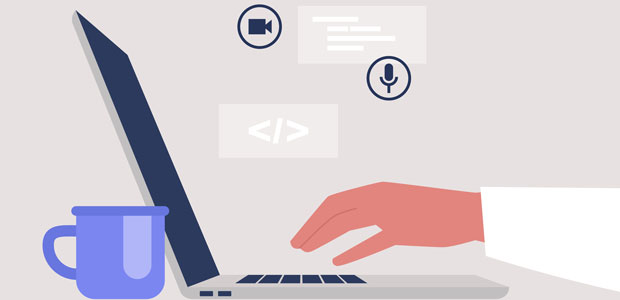
How will the UK handle working from home again?
Boris Johnson addressed the nation at 8pm last night, and announced a myriad of new restrictions - including a new urge to work from home if possible.
Already, the first period of lockdown brought with it a set of the most severe challenges to the business world. Over 76,000 SMEs in London alone have closed permanently due to the impact of the pandemic, while unemployment figures show the pandemic has taken the jobs of 750,000 workers.
Now, just when firms were adapting to operate post-COVID, this u-turn to work from home has stimulated fears of a second lockdown.
Statistics from Simply Business show that a fifth of UK SMEs do not think they will be able to survive the impact of another lockdown - a highly worrying figure. The Coronavirus brings with it blow after blow for businesses, and SMEs in particular need to build up their resilience to absorb the impact of any shocks which may be around the corner.
With this in mind, The Future Strategy Club, a lean and transparent agency with access to the finest contractor talent, have drawn on their freelancer base to provide a robust bank of information from the UK's top strategic thinkers in a new Survival Guide for businesses.
The FSC Advisor Hema Bakhshi, and former Director of the Future of Work at Santander, has contributed to this guide. As an expert on helping firms adapt to change, Hema is well-placed to discuss how firms can be flexible and overcome the impact of the Coronavirus - especially if a second lockdown comes to fruition.
Here, Hema discusses her take on how the first lockdown allowed for more flexible working attitudes: "You are always cognisant that things are going to change, but you never know how these changes are going to manifest.
"It is therefore important to foster this idea and allow yourself to be open-minded so that you can be responsive to change. I would say that this is much more important than focussing on predicting outcomes or trying to anticipate what is around the corner.
"We’ve long anticipated a change in attitude to work. Technology is constantly evolving, so really it was inevitable that this would impact the approaches we have towards our working lives.
"The impact of lockdown was certainly unexpected but it showed that, when needed, we do have the technology and facilities required to cope with seismic shifts to our lives.
"Subsequently, we are witnessing the evolution of corporate work before our eyes. People are becoming far more creative in how they both value the world and the work they generate. As result, the world is rapidly shifting away from the culture of a 9-5."

